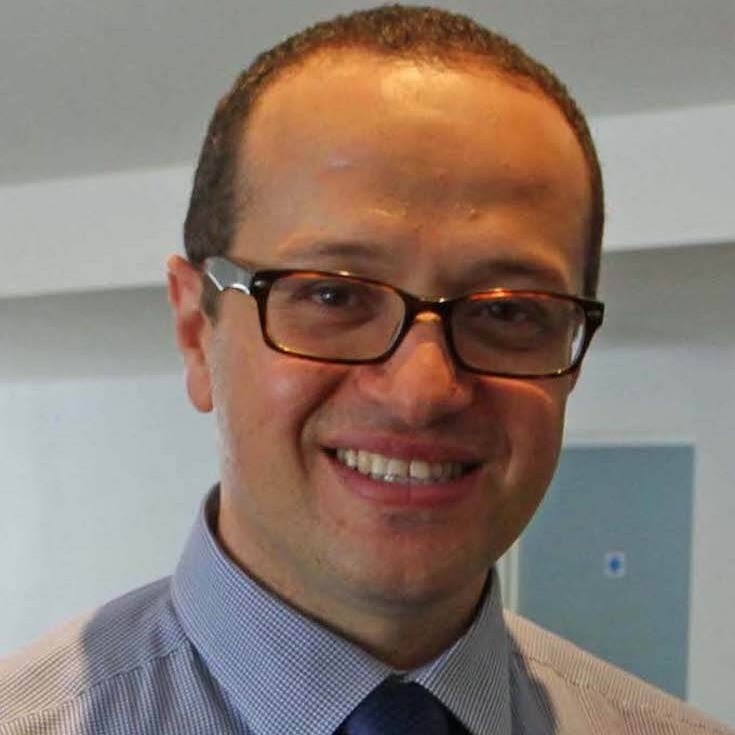What is your educational background?
I studied at the American University in Cairo (Egypt), earning both a Bachelor in Mechanical Engineering (2001) and a Master’s degree in Materials and Manufacturing (2003). I then moved to the UK for my PhD in Metallurgy and Materials science (2003-2006). I moved gradually from the more general field of mechanical engineering to manufacturing engineering, with the latter linking me to the science of materials processing in manufacturing.
What is your current occupation?
University Professor. My Master’s project was on the development of a friction welding technology for Al-alloys, which I continued to explore in my PhD. One of the key challenges in any novel manufacturing technology is the ability of the technology to deliver structures with the appropriate performance. This requires in-depth investigation that ranges from the sub-micron scale into the macro-scale levels using techniques like electron microscopy, X-ray techniques, mechanical testing, and mathematical modelling (linking the experiment with the theory). My current research focuses on 3D printing, which (in a sense) can be considered as a repeated welding process.
What or who got you into STEM?
An inspirational physics teacher in high school (Mr. Ali Hussein), and then an inspirational physics professor (Prof. Ashraf Elfiqi) at a university in Egypt. Mr. Hussein gave fascinating classes where he used colourful chalk to represent the laws of physics, simplifying the most complex concepts in optics, mechanics and electronics. Prof. Elfiqi taught me electricity & magnetism, and relativity & nuclear physics. He gave me the opportunity to be his undergraduate teaching assistant, then he helped me and some of my colleagues to establish a research society for undergraduate students. He was able to simplify the most sophisticated principles. He kept his office door open to help us with our queries (any queries), not just about the courses he taught us, but in general with career advice. He was an excellent mentor.
What is the biggest challenge/barrier you have faced as an African in STEM?
Travel when I was an Egyptian citizen/passport holder; it meant that I needed to plan well in advance when I travel to attend conferences or perform scientific experiments abroad.
How do you think your background/upbringing has been beneficial in your journey/career?
Egypt is a very populous country, where people compete in everything from a place in school, to a place in a university, even to a seat on a bus. Nonetheless, as a developing nation, people wish to seek better opportunities outside of Egypt. The competitive lifestyle as well as the intellectual ambition kept me inspired and motivated, especially following failures.
How do you think we can start to change the narrative surrounding African contributions
to global STEM research & careers?
African born scientists should highlight their countries of birth with pride, especially if they have received their school and university education there (I left Egypt after achieving my MSc degree).
What advice would you like to give to young, aspiring Africans in STEM?
To strive, to seek, to find, and not to yield.
Do you have any projects you’re working on that you would like us to highlight?
My field of research is 3D printing. See this video for more.






